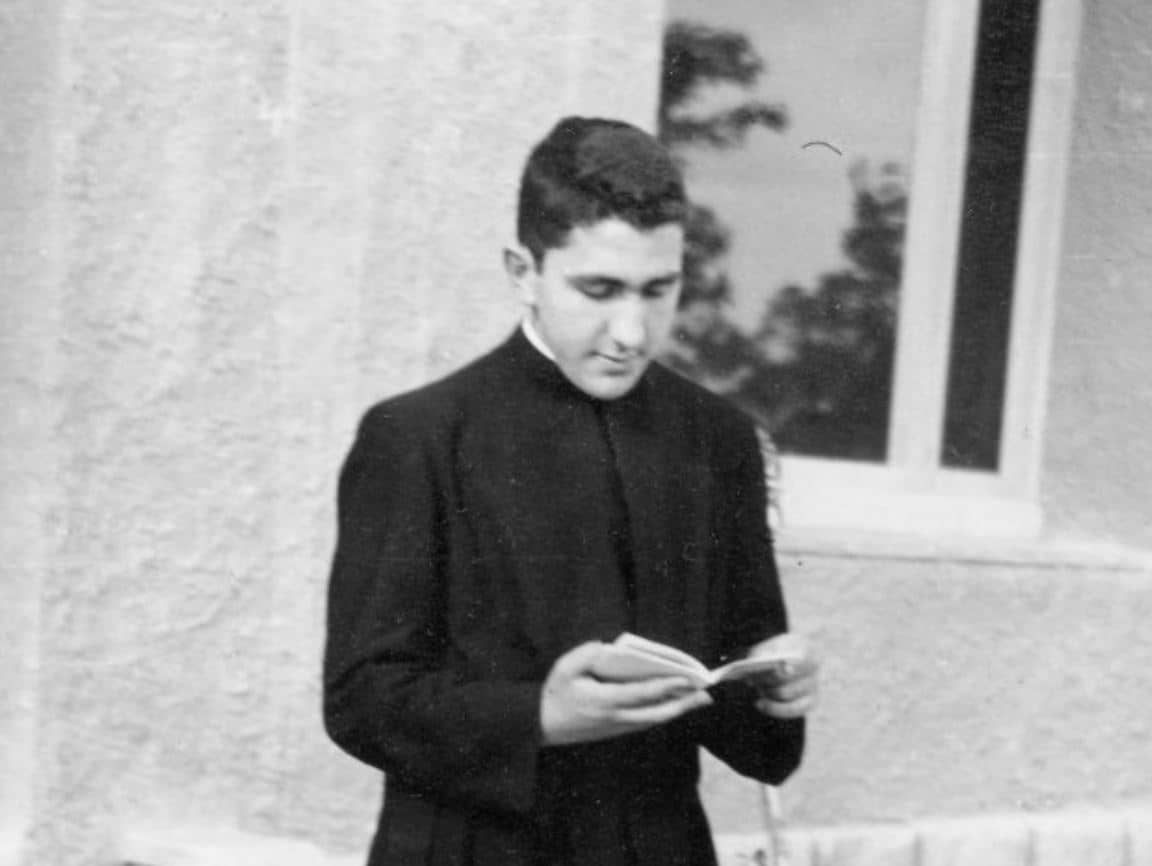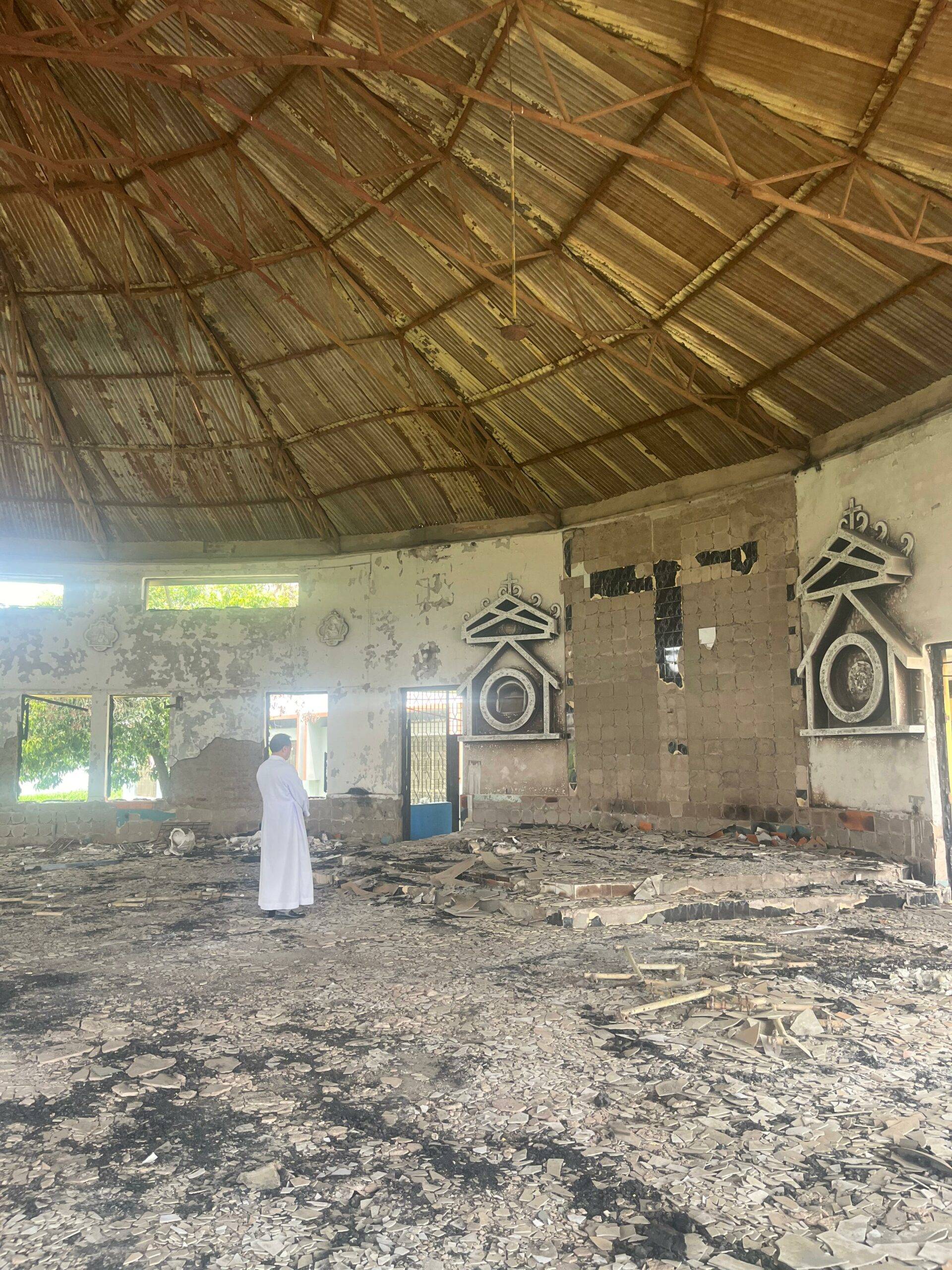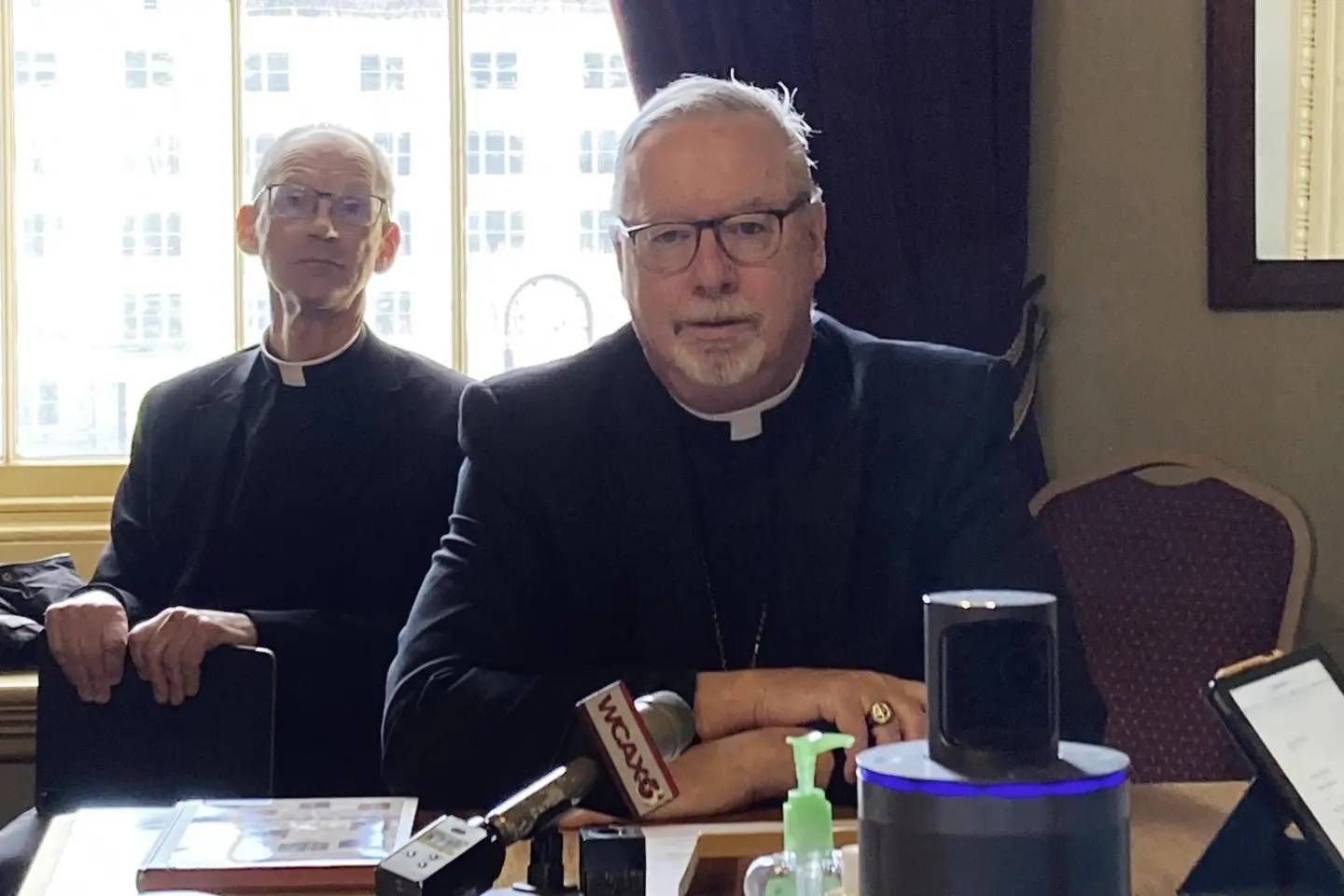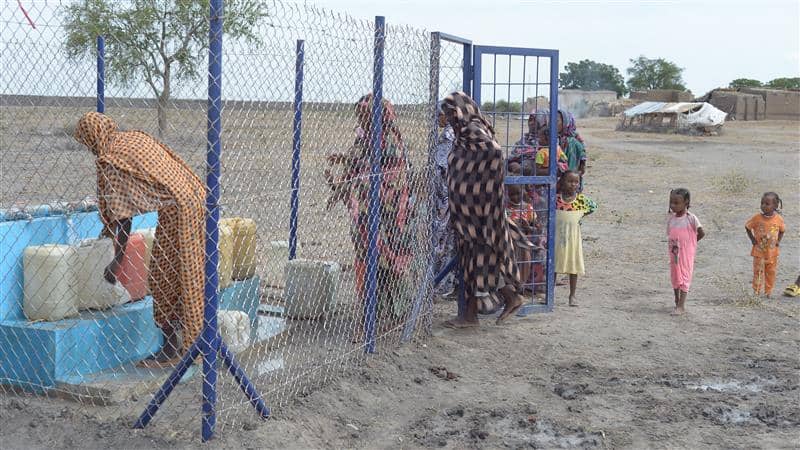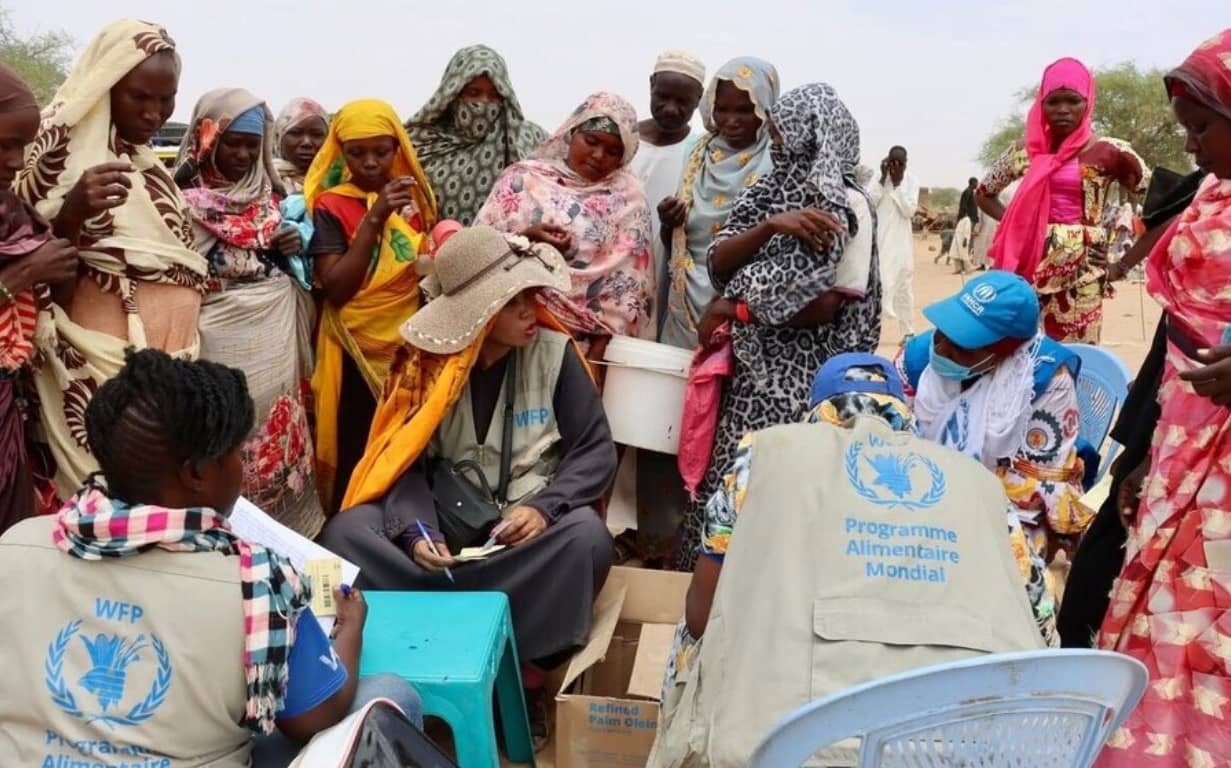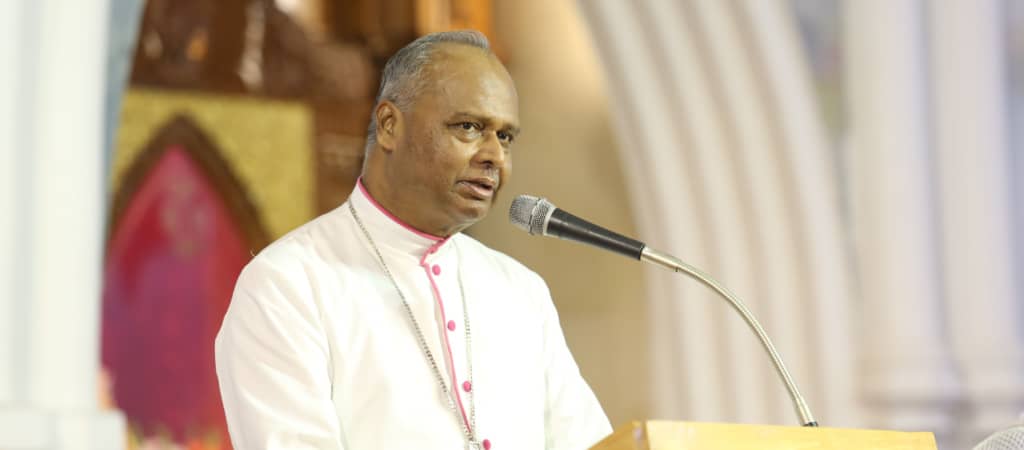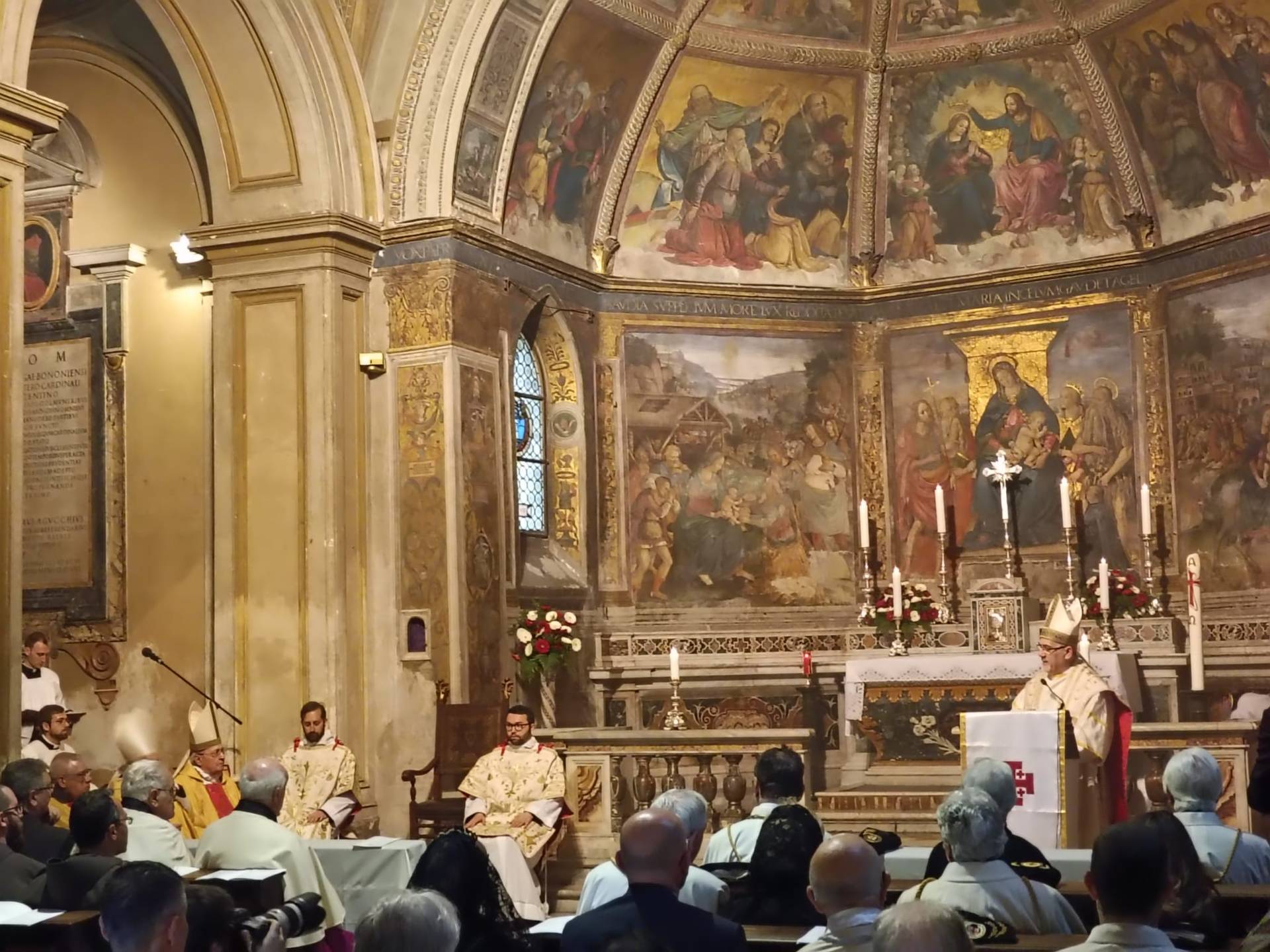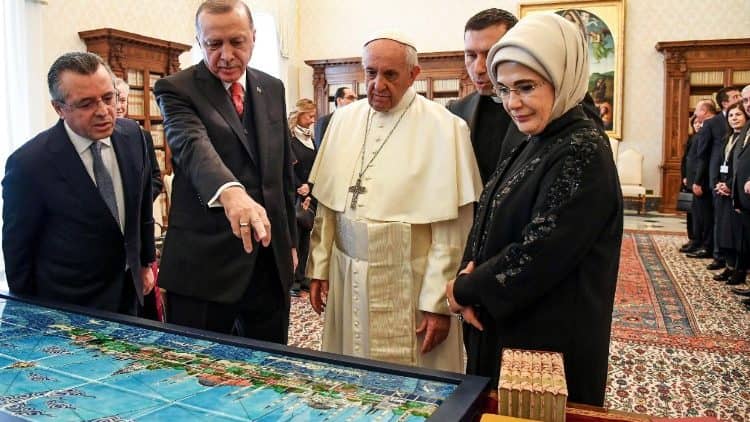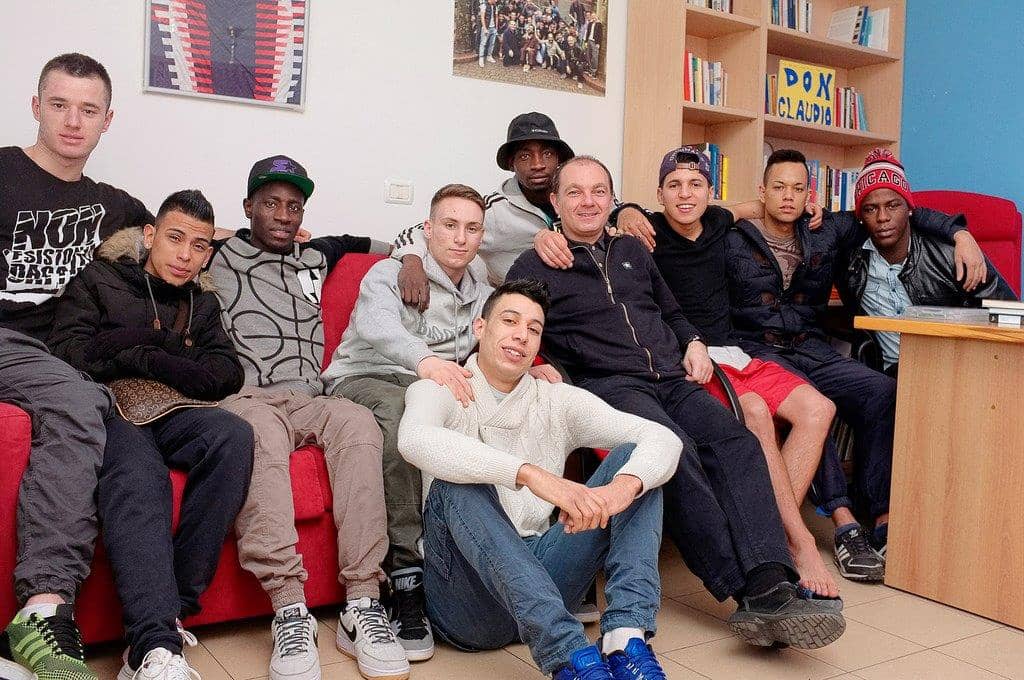YAOUNDÉ, Cameroon – In a significant step toward combating deforestation and fostering environmental renewal in Nigeria, Archbishop Ignatius Kaigama of Abuja presided over the commissioning of the Laudato Si’ Briquette Charcoal Factory.
The archbishop said the factory – located at Our Lady of Fatima Parish in Sheda – will not only address the hardship of the people in the area, but will also contribute to the global fight to keep carbon in trees and keep temperatures at levels conducive for human existence.
Typically, poverty and the high prices of cooking gas have spurred the use of firewood as fuel in Nigeria and across Africa. Statistics show that about 90 percent of trees being destroyed in Africa are used for wood fuel or charcoal production, but their use for cooking comes with deadly consequences.
According to the United Nations Children’s Fund (UNICEF), children who inhale the soot from indoor air pollution are most vulnerable to pneumonia. The UN body reported that in 2016, 16 percent of all deaths among children under five were due to pneumonia. Even babies in the womb are not spared. Every year, 490,000 premature deaths occur due to household air pollution from the lack of access to clean cooking facilities.
The “Environmental Regeneration Briquette Project” initiated by the Justice, Development and Peace Commission of the Abuja archdiocese was funded by the Catholic Agency for Overseas Development (CAFOD), which is an agency of the Catholic Bishops’ Conference of England and Wales.
Briquette charcoal is made from biodegradable material such as rice husks, sawdust, dry leaves, old newspapers and other waste from the environment has the capacity to produce smoke-free charcoal that doesn’t easily burn out, but serves as an effective energy supply.
“The Justice, Development, and Peace Commission (JDPC) Laudato Si’ Briquette factory plays a crucial role in the fight against deforestation and climate change, particularly in the FCT (Federal Capital Territory) and beyond,” Kaigama told Crux.
“By producing briquettes as an alternative to traditional firewood, it helps reduce the reliance on wood as a fuel source, thereby decreasing deforestation rates,” the archbishop said.
He told Crux that using briquettes helps lower greenhouse gas emissions, contributing to efforts to mitigate climate change.
“Overall, the factory serves as an important model for sustainable energy production and environmental conservation, as well as the empowerment of vulnerable Women and Youth through the production and sales of eco-friendly briquette charcoal from our factory,” he said.
He said taking care of the environment is part of the larger mission of the Church – a mission rooted in scripture.
“Scripturally, after creation God Almighty gave the authority to man to take care of the earth. The Catholic Church has increasingly emphasized the importance of environmental stewardship and sustainable development, as reflected in Pope Francis’ encyclical Laudato Si’ which addresses the need for ecological conversion and responsible stewardship of the planet,” Kaigama told Crux.
But the project goes beyond just caring for the environment: It also is a tool for empowering communities economically.
“The Environmental Regenerative Briquette Project is not just about producing eco-friendly charcoal. It is about empowering women, youths and parishes within the Catholic archdiocese of Abuja and beyond,” said Josephat Abaagu, the chairman of the JDPC Commission for the Abuja Archdiocese.
“We aim to provide training, resources and support to enable them to actively participate in the production and marketing of briquette charcoal. This will not only improve their livelihoods, but also foster a sense of ownership and pride in their contribution to environmental conservation,” he explained during the inauguration event.
Dr. Michael Adejare Adegboye, the representative of the country’s Minister of Agriculture and food security, said the project offers a solution to the problem of food insecurity because “if the issue of climate change is not adequately addressed, it would have a negative effect on food production.”
Timothy Ejeh, the program director of the JDPC, said that the factory has a daily production capacity of 2000 briquette charcoal daily and outlined the marketing strategies already put in place.
He said the expectation is to reduce dependency on environmentally damaging and costly sources of energy like “conventional charcoal, kerosene and gas.”
Kaigama told Crux that such initiatives “demonstrate the Church’s commitment to practical actions that promote environmental sustainability and address pressing issues such as deforestation and climate change.”
He said the Catholic Bishops’ Conference of Nigeria (CBCN), through agencies like the JDPC, has been actively involved in various initiatives aimed at protecting the environment across the country.
The CBCN, he said, advocates for environmental protection policies and legislation at both the national and local levels. The archbishop said through its pastoral letters, statements, and public engagements, the CBCN raises awareness about environmental issues and encourages sustainable practices.
The Church also organizes seminars, workshops, and educational campaigns on Laudato Si’ to raise awareness about environmental conservation and the importance of sustainable living among its members and the wider community.
Kaigama cited a number of other sustainable development projects that the CBCN supports including the tree planting programs – “which was actively done last year across the entire Dioceses and on August 25, 2023 in the Archdiocese of Abuja” – renewable energy projects, waste management initiatives, and clean water projects in communities across Nigeria.







